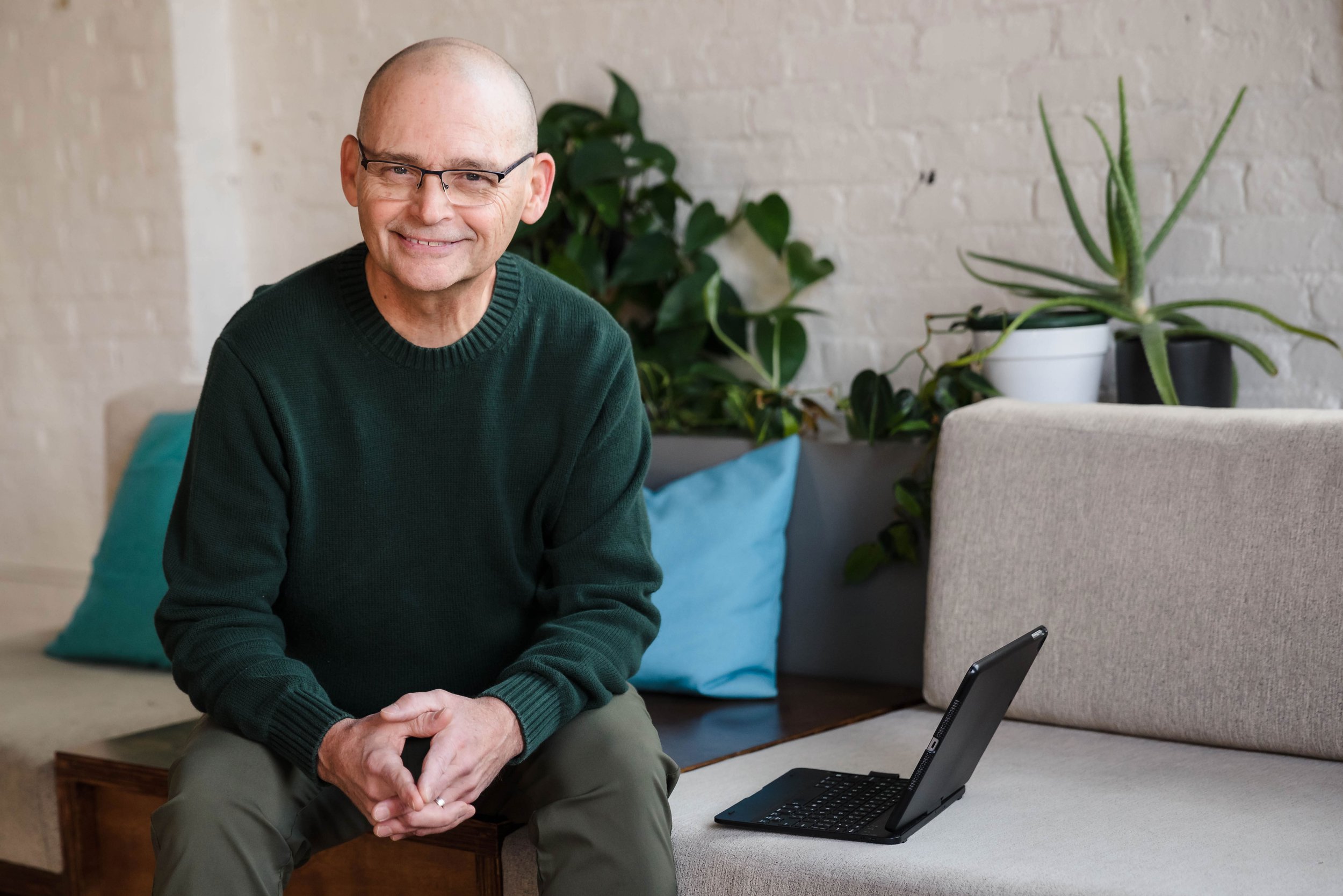Why We Have Concerned Parts—And How to Work With Them
Have you ever noticed a part of you that jumps in with worry, self-doubt, or over-preparation? That’s what I call a concerned part—and surprisingly, it’s trying to help you.
In my latest blog post, I explain:
Why we all have concerned parts
What they’re really trying to do
A simple 4-step process to shift your relationship with them
You don’t need to shut these parts down. You just need to listen differently.
Why I Use IFS to Help My Coaching Clients
I always use the IFS model to help my coaching clients because it is the most effective tool in my coaching toolbox. This article describes why I became a coach, how I coached others at first, how I was introduced to the Internal Family Systems model, how I became trained and certified in the model, and why I use it with all my coaching clients.
The IFS Model, Target Parts, and Concerned Parts
This article and the video associated with it address how, when using the IFS model, to work with target parts and concerned parts. Practitioners and laypersons can learn to improve their practice.
How to Care About Self Care
Who cares about self care? In this article, I walk the reader through an exercise I facilitated in one of my IFS coaching groups. Reframe how you view self care.
Insights From a One-Butt Kitchen
Shortly after my wife and I moved in together, we hadn’t learned yet how to navigate our small kitchen without getting in each other's way. For example, I would grab something from the refrigerator and turn toward the counter but have to stop my momentum to avoid running into her.
Or the reverse would happen and I would get in her way. I felt an inner irritation when this happened and blamed it on the size of the kitchen, referring to it as our ‘one-butt kitchen.’
True Self, True Purpose, and True Path
What stands in the way of finding your true self, your true purpose, and your true path?
When Nice is an Act
Recognizing and acknowledging codependent tendencies is the first step in finding our way back to authentic connection and healthy interdependence.
If I’m a Nice Guy, I’ll Get Love, Approval, and Appreciation
The Nice Guy Syndrome starts in childhood as we observe the relationships of adults around us. It’s a maladaptive set of charactaristics and traits employed often by men who are trying not to be like their abusive fathers.









